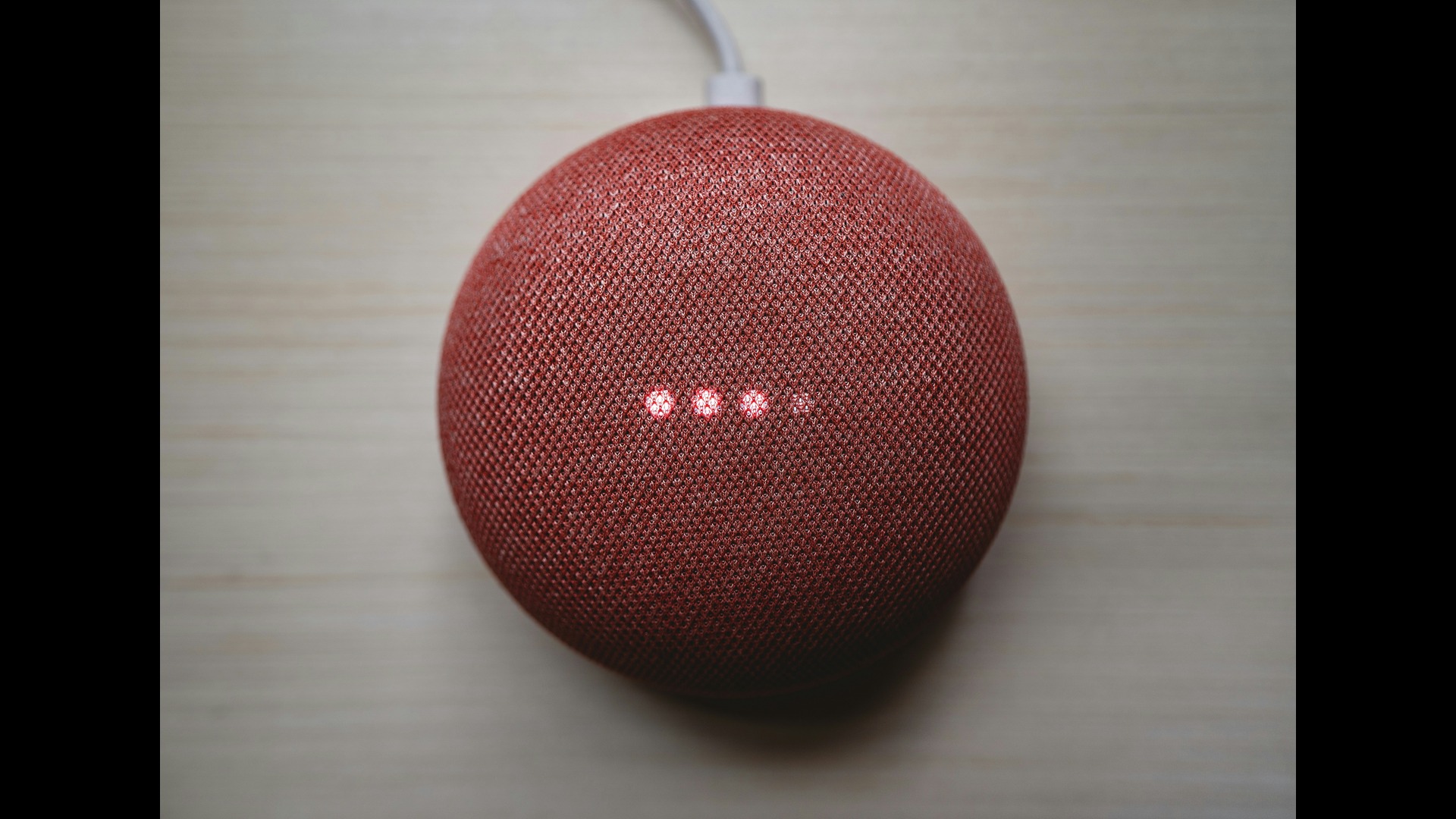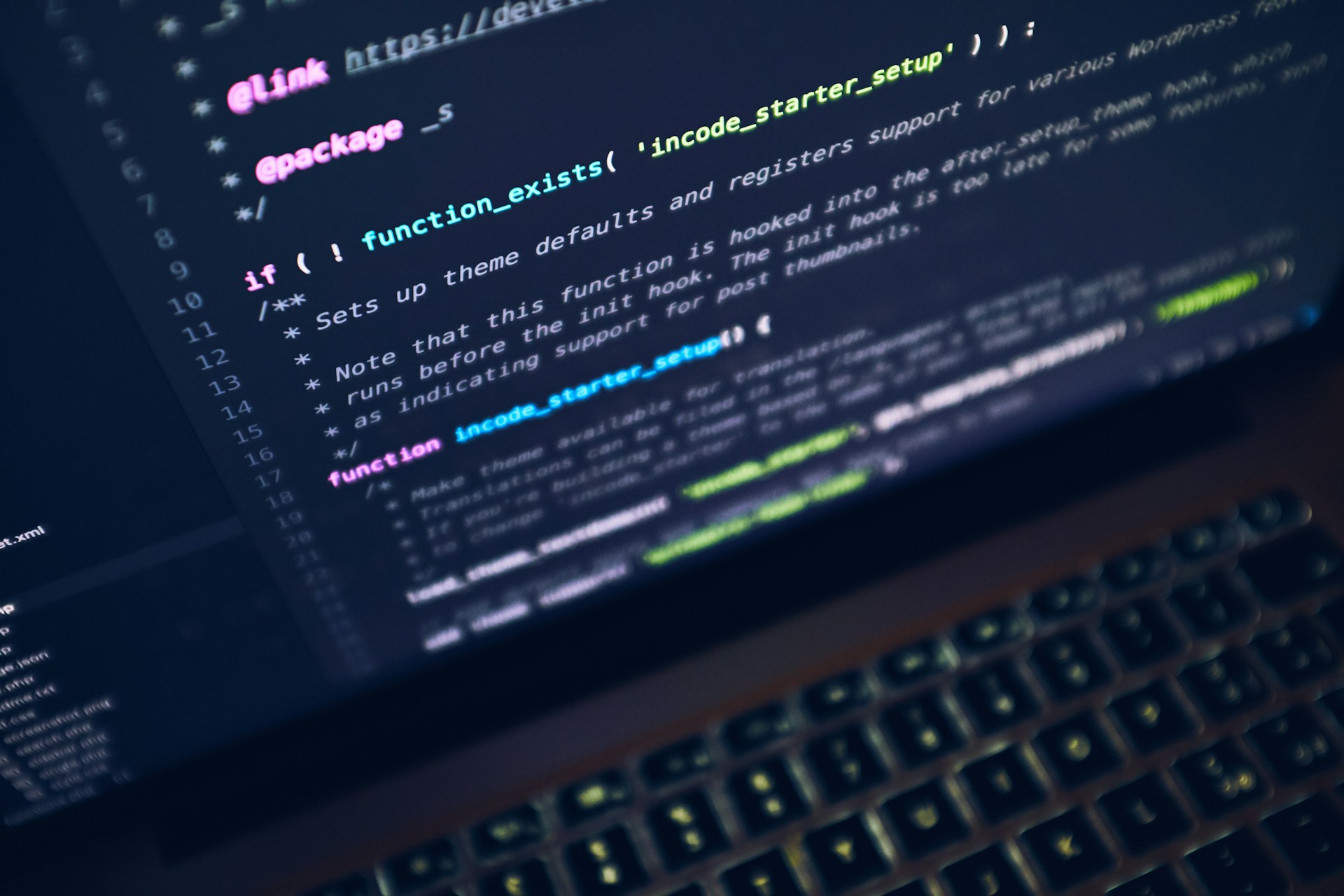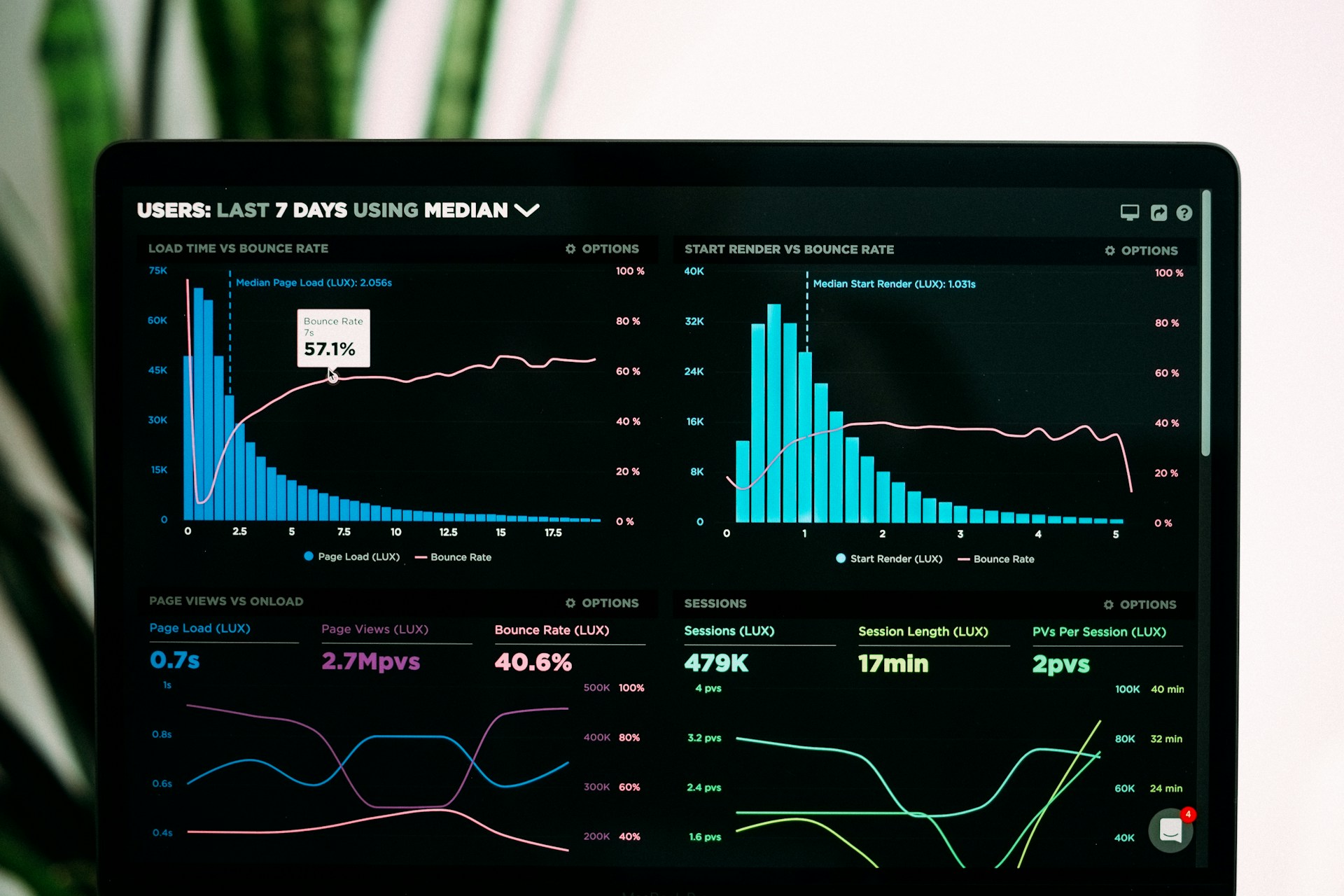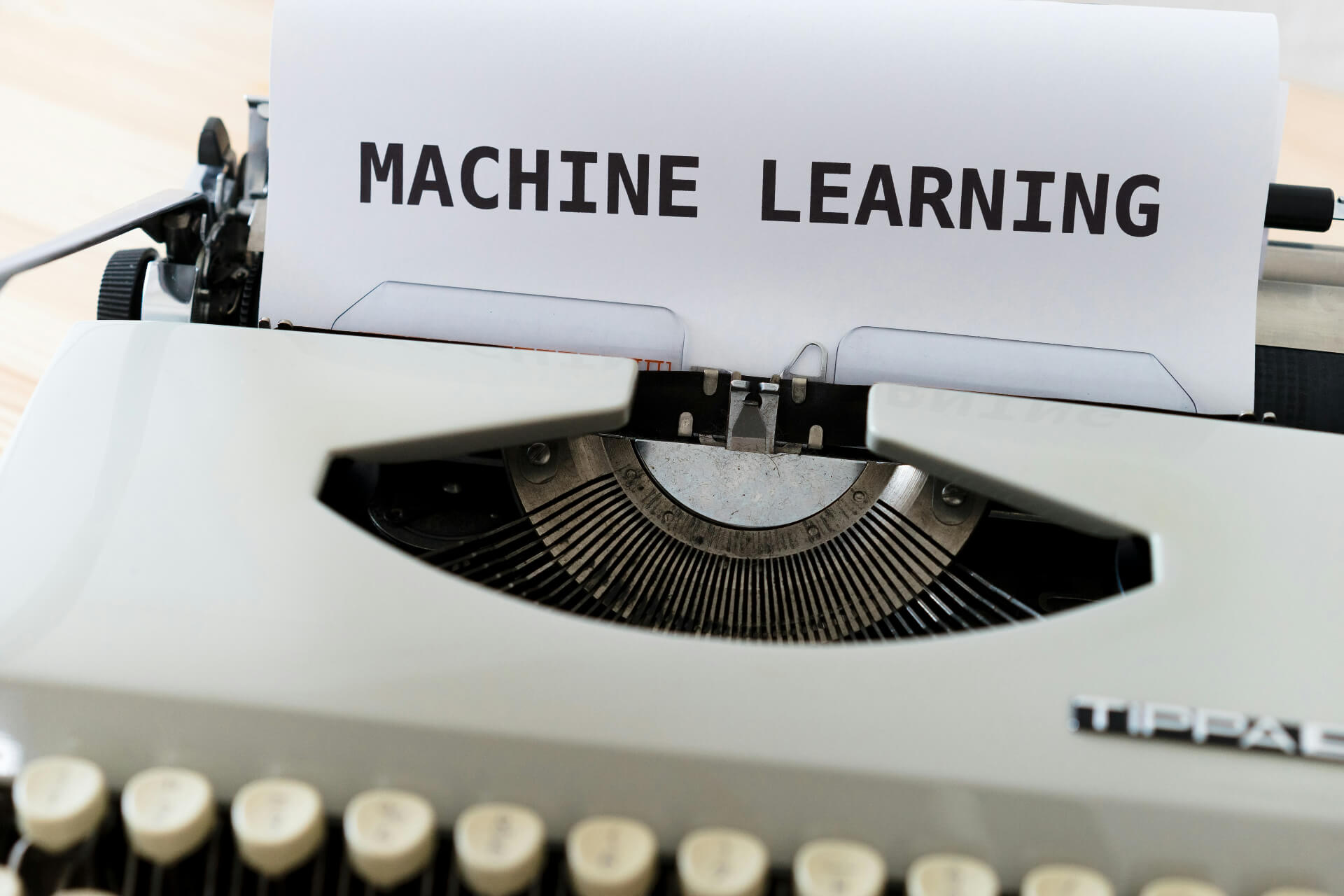
How Are Machine Learning Models Revolutionizing Health Care?
February 27, 2023 - Revolutionized Team
Revolutionized is reader-supported. When you buy through links on our site, we may earn an affiliate commission. Learn more here.
People are increasingly interested in how machine learning could change the world. They’re building them to fight climate change, solve social problems and more. Research is also ongoing to apply machine learning to change lives by keeping individuals healthier, helping them manage chronic illnesses and improving hospital outcomes. Here are some fascinating examples of the possibilities.
Learning How Major Lifestyle Disruptions Affect People With Multiple Sclerosis
During the early stages of the pandemic, many leaders put their jurisdictions under stay-at-home orders. They did so to keep people safe by reducing how effectively the virus could spread. However, researchers wanted to know how having to restrict one’s movements impacted people with multiple sclerosis.
Researchers from Carnegie Mellon University, the University of Pittsburgh and the University of Washington began by gathering data from the smartphones and fitness trackers of people with MS before and during the pandemic lockdowns. They used that information to build machine learning models that predicted poor sleep quality, depression, fatigue and worsening MS symptoms.
The researchers’ initial question was whether smartphone data could predict the clinical outcomes for people with MS. However, as the pandemic began, the researchers discovered they had an exciting opportunity to answer that question while also assessing the effect of stay-at-home orders.
The work involved three to six months of passive data collection from the participants’ devices. The information included the number of phone calls placed and their lengths, how many missed calls a person had and the step counts recorded on fitness trackers, among other things.
The researchers said their machine learning model could accurately predict the clinical outcomes of staying home for long periods. The results could help health care professionals give useful data to policymakers who must weigh the pros and cons of ordering people to stay home during emergencies. Additionally, it could highlight those most at risk of extra challenges. Health care workers could then respond by going out of their way to check in with those individuals.
Screening for Ovarian Cancer
Some people worry it’s dangerous to use machine learning models to detect illnesses in patients. Health care data contains biases that can get passed on to the algorithms. Those flaws could result in inaccuracies that clinicians trust as valid. Those are understandable concerns, but it’s necessary to remember that machine learning can bring new opportunities to the medical field.
One example comes from a Washington University in St. Louis team. They built a machine learning model that can check for ovarian cancer indicators. It’s a particularly deadly disease, and complications arise because people usually only get assessed for it once they start showing symptoms. However, most women who have ovarian lesions and undergo surgery for them never had associated signs beforehand.
Current tests for suspected ovarian cancer include ultrasounds and blood tests. The researchers trained their machine learning algorithm on existing ultrasound images to detect cancerous versus benign lesions. A pilot study with 35 patients showed that the algorithm achieved 90% accuracy.
Machine learning models aren’t perfect, and neither are the most skilled health care professionals. That’s why it’s best to apply machine learning as a supplement to human knowledge and judgment. When people collaborate with technology like that, they often get better results when working alone. Plus, as machine learning models become more widely utilized in health care, researchers will learn how to further enhance the outcomes.
Identifying People With Post-Traumatic Stress Disorder
People in today’s world often prefer communicating by text instead of other means of expressing themselves. Consider that people in the United States sent approximately 2 trillion text messages in 2021. It’s no wonder that medical researchers wonder if text data could contain clues about possible health problems. Machine learning models could reveal them.
A University of Alberta team made a machine learning model to find people who may have post-traumatic stress disorder (PTSD). They began by performing sentiment analysis on text data. The information came from 250 semi-structured interviews led by an artificial character named Ellie. The participants gave their answers through video calls. Although 188 of those taking part had PTSD, 87 did not.
The scientists wanted to see if their machine learning algorithm could differentiate between the two groups solely using text data pulled from the interviews. The results showed the machine learning model had an 80% success rate in identifying people with PTSD. It could pick out those individuals according to how often their answers contained negative or neutral sentiments.
People who worked on this project say one of its critical advantages is that it allows finding potential problems before someone goes for a more-invasive examination, such as an MRI. It could also be helpful for crisis line staffers who assist people through text message support. Understanding the telltale PTSD characteristics that show up in text messages could enable them to more confidently know when to refer people to general practitioners or specialized providers.
Using Machine Learning Models to Improve Outcomes for Hospitalized Patients With Dementia
Medical professionals working in hospitals have the challenging task of assessing the care each patient needs to improve their chances of the best results. A group of researchers at Houston Methodist wondered about the role machine learning models might play in enhancing hospitalization experiences for geriatric patients with dementia. They were particularly interested since people in this group have longer, more expensive stays than other patients.
The group trained their model on information from a decade of medical records. They came from 8,407 dementia patients that received care at eight facilities within the Houston Methodist network. The resulting algorithm could predict hospitalization outcomes on the first or second day of admission.
More specifically, the machine learning model recognized the potential modifiable risk factors and how severely they affected undesirable hospital outcomes. The results reduced hospital-related costs, plus improved patients’ quality of life and minimized their likelihood of readmission. The algorithm’s accuracy rate exceeded 95%.
The researchers hope to integrate their algorithm into a mobile application used by emergency room staff. Besides flagging the patients associated with above-average risk factors, it would suggest early preventive steps for health care workers to take.
Machine Learning Models Will Change Health Care
These are just some of the exciting ways people can apply machine learning models to increase health care success. These advancements don’t replace human input about patients’ needs, but they can supplement it. Then, health care workers could reduce errors, speed diagnosis time frames and improve the chances that each patient gets the most appropriate care.
Revolutionized is reader-supported. When you buy through links on our site, we may earn an affiliate commission. Learn more here.







